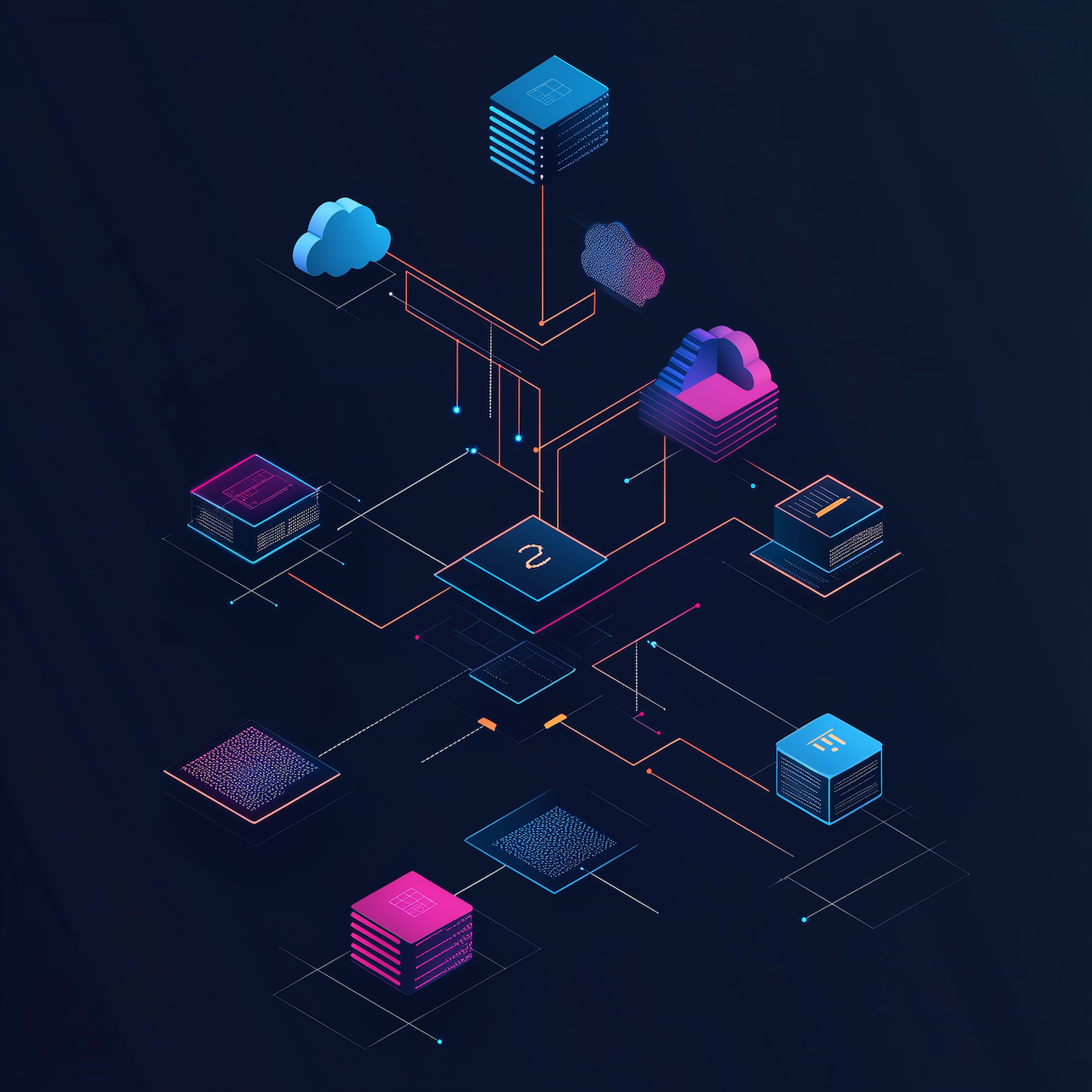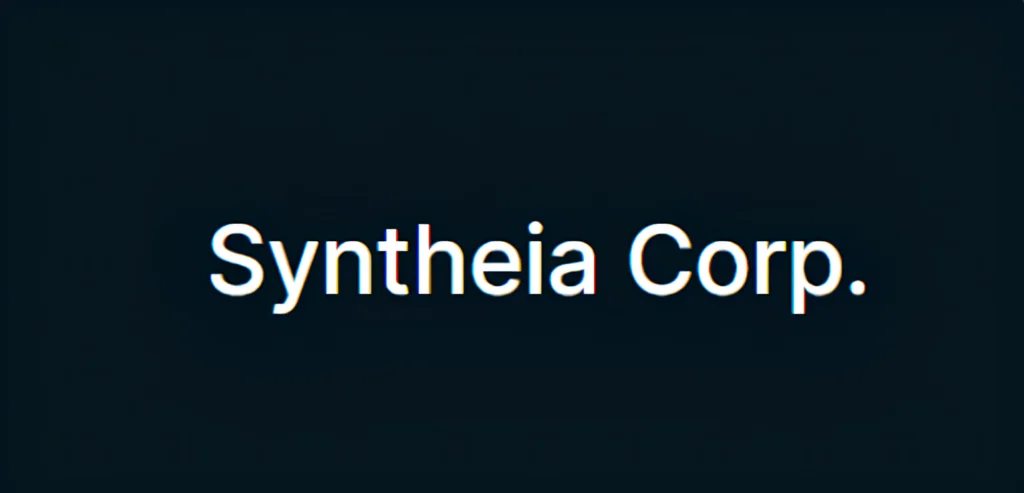Insider Brief:
- DataRobot acquired Agnostiq to enhance its AI-driven compute orchestration, but the announcement makes no mention of quantum computing, a key focus of Agnostiq’s earlier work.
- Agnostiq had been shifting from quantum computing to broader AI and distributed computing, with Covalent gaining traction as an open-source orchestration tool for managing workloads across diverse infrastructure.
- The acquisition reflects a trend of quantum startups pivoting toward AI and high-performance computing, as companies navigate market challenges and seek near-term commercial viability.
PRESS RELEASE — In a recent announcement, DataRobot, a company focused on creating AI solutions that maximize business impact and minimize risk, confirmed its acquisition of Agnostiq, a company previously specializing in building cloud-agnostic accelerated computing platforms for AI and high-performance computing applications.
The press release highlights DataRobot’s focus on agentic AI, AI-powered automation that dynamically responds to business needs, and compute orchestration—a necessary component for scaling AI workloads across diverse infrastructure. However, notably absent from the announcement is any mention of quantum computing, a space where Agnostiq previously positioned itself.
From Quantum Roots to Distributed AI
Agnostiq, prior to its acquisition, was recognized for its efforts in bridging quantum computing and high-performance computing. The company developed software tools to improve access to quantum resources, especially for enterprise and research applications.

Covalent, Agnostiq’s flagship open-source workflow orchestration platform, was one part of this vision, enabling users to manage and execute complex tasks across heterogeneous computing environments, including quantum and HPC systems.
Despite its origins in quantum computing, Agnostiq’s trajectory had been shifting towards a broader focus on distributed computing and AI infrastructure. Covalent’s growth within the open-source community, now with over 140,000 downloads according to the release, signaled its value beyond quantum-specific workloads. The acquisition announcement reinforces this transition, emphasizing AI workload orchestration, multi-cloud compute environments, and cost-efficient infrastructure scaling—none of which are inherently quantum-focused.
The Bigger Picture: Quantum Startups Adapting to Market Realities
This move is reminiscent of previous announcements of quantum-focused startups pivoting towards classical AI and high-performance computing, either as a strategic decision to generate revenue in the near term or as a response to slower-than-expected commercialization of quantum technologies. While DataRobot’s release does not address how Agnostiq’s quantum expertise might fit into its future roadmap, the acquisition raises questions about whether quantum computing will remain part of Covalent’s evolution or whether the focus will fully transition toward optimizing AI workflows.
For those in the quantum computing space, Agnostiq’s acquisition serves as a reminder of the challenges faced by quantum software companies. While the long-term potential of quantum computing remains strong, companies navigating this space often find themselves balancing quantum research with the immediate demand for scalable AI and high-performance computing solutions.
It remains to be seen whether Covalent, under DataRobot’s ownership, will retain any quantum computing integrations or if this acquisition is a definitive pivot toward AI-driven compute orchestration. Either way, Agnostiq’s evolution reflects a broader industry shift, where some quantum-first startups may reposition themselves in response to market realities.















